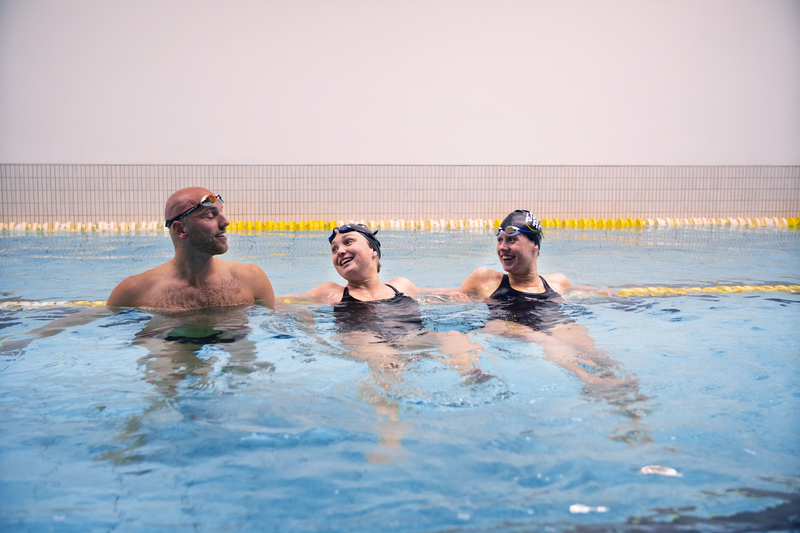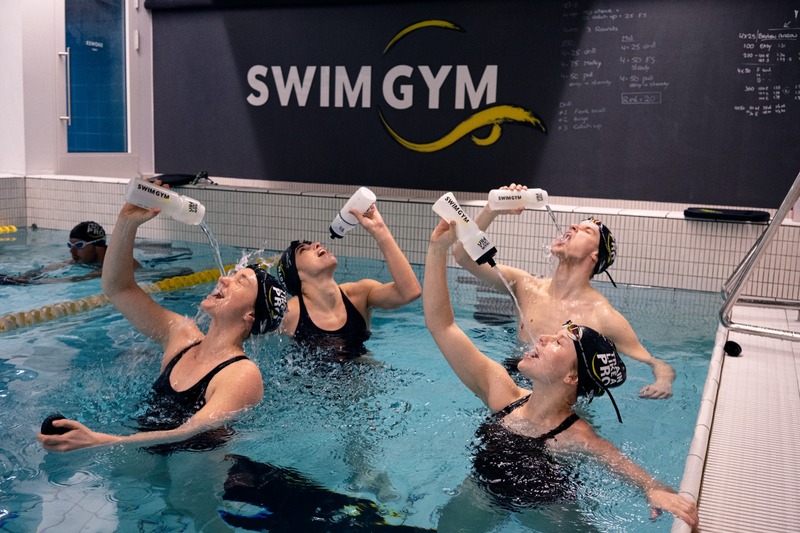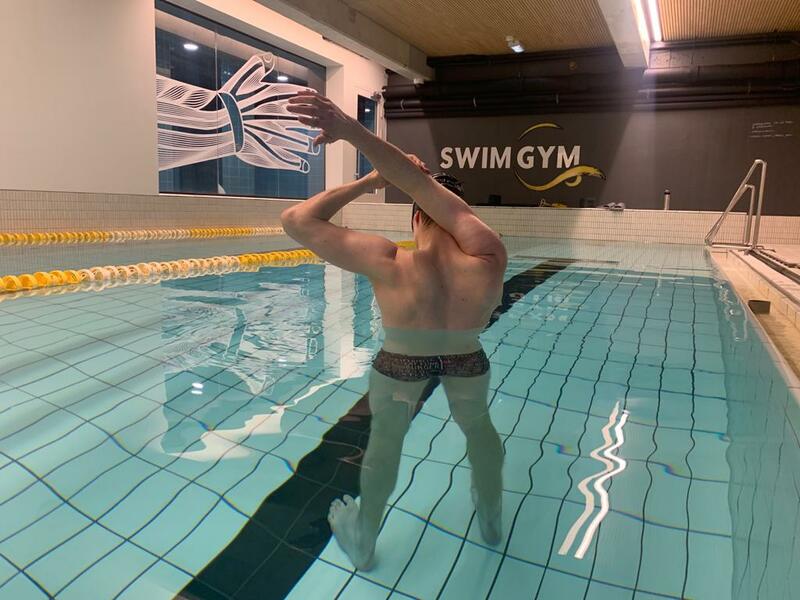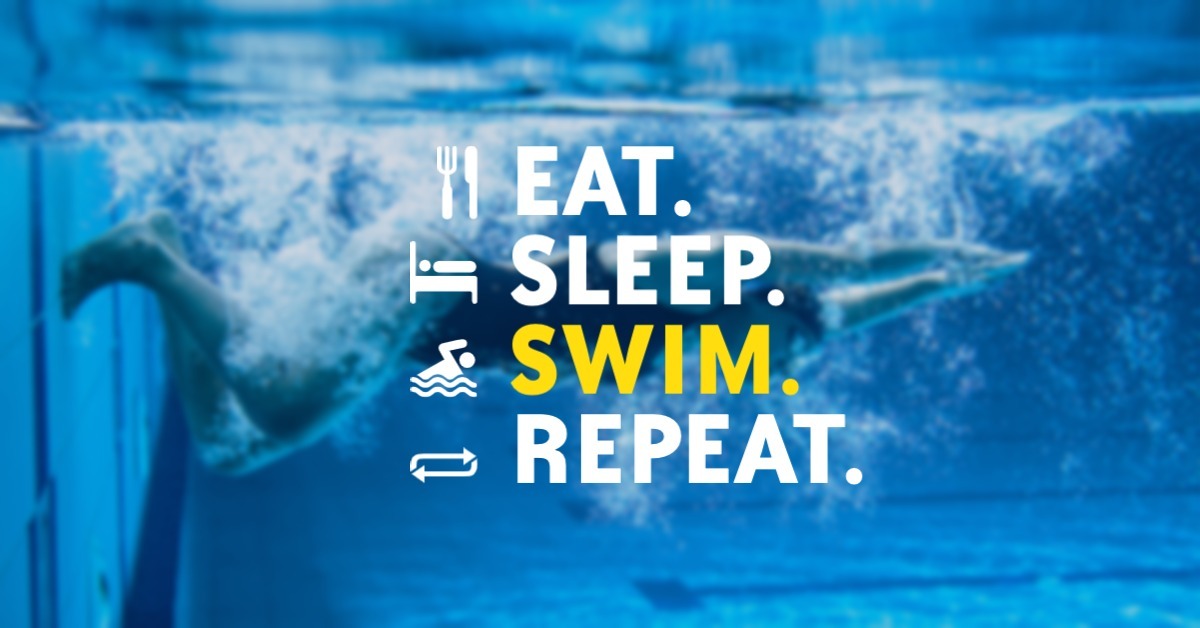Swimming blog - TRAINING and HEALTH Why recovery makes you a better swimmer
You’ve heard the phrase, “Train – eat – sleep – repeat.” Have you had a look at your recovery regime? How you train, eat and sleep are key to good recovery. Let’s look at the ways in which you can recover and some handy tips so your body and mind are ready for more…
The better the recovery, the higher the training load can be of your next workout. That’s what you want! Even though good recovery from the last session is important, it seems even more important for the next session. In this blog we look at the aspects that make up a good recovery programme.
1. In-training recovery
You need time to recover after a workout. How much time is long enough? That depends on the intensity of the workout, but between 24-72 hours. Higher intensity workouts require more rest than lower ones. If there is not enough time to recover between workouts you will be not be fully prepared for the next training.
What is also important is that you take enough rest in the workout itself by using an active or passive recovery moment.
Passive recovery is resting without moving. Swimming with a rest interval that is passive is the most common way of taking a breather in swimming. It allows body and mind to recover temporarily. An example of this type of recovery would be 20-30 seconds rest after every 100 meter in 10 times 100-meter set. The longer the distance or higher the intensity, you may want to increase the passive resting time. This rest is stationary, which means no movement.
Active recovery is moving or swimming and recovering at the same time. The pace is very slow and allows you to catch your breath. An example of an active recovery might look as follows: You have a high intensity set of 4 rounds of 4 times 25 max effort. Between the rounds there is an active recovery of 200 swim. This 200 will be slow and easy. The 200 swim will help your body flush out waste products like lactic acid and help you catch your breath.

2. Nutritional recovery
Nutrition is an important part of your recovery, since the micro tears in your muscles caused by training are repaired mainly by glycogen, which you get from food. Eating well and healthy is therefore also a way to recover. Having a balanced diet and cutting down on alcohol aids muscle adaption, the process by which we become stronger and faster.
Staying hydrated is important to aid recovery. Water or a sports drink will help keep the internal balance. So, drink before, during and after a training session. Water helps flush out waste from the body. Drinking too much on the other hand can lead to “water intoxication”, so listen to your body and drink when thirsty.

3. Body recovery
Taking care of your body promotes brain and muscle recovery. When your brain gets tired, so do your muscles. Brain messages may slow down or stop all together impacting performance. So, it is very important to rest the brain. The most effective way is to sleep and sleep well.
Studies show that a lack of sleep slows down muscle growth. Therefore, it is recommended to get between 8-10 hours sleep per night. We know you’ve heard this before, but sleep is the master of your recovery programme. It literally reboots the nervous system and gives you the time to incorporate the lessons learned from the last training session. Keep a good sleep schedule and if possible, take a short 20-minute nap when you need to during the day. Wake up stronger.
And that’s why some of the most effective recovery methods we’ve found aren’t things that target the muscles—they are things that calm the mind.
Stretching and mobility exercises are also part of active recovery, like yoga or foam rolling. Include these in your land-based recovery sessions to stay flexible and free from injury.

Focusing on recovery is making you stronger now and for future workouts. As was famously said, “Muscles don’t grow in the gym,” or in pool in your case, so recover radically.
Written by Michael Stolt
